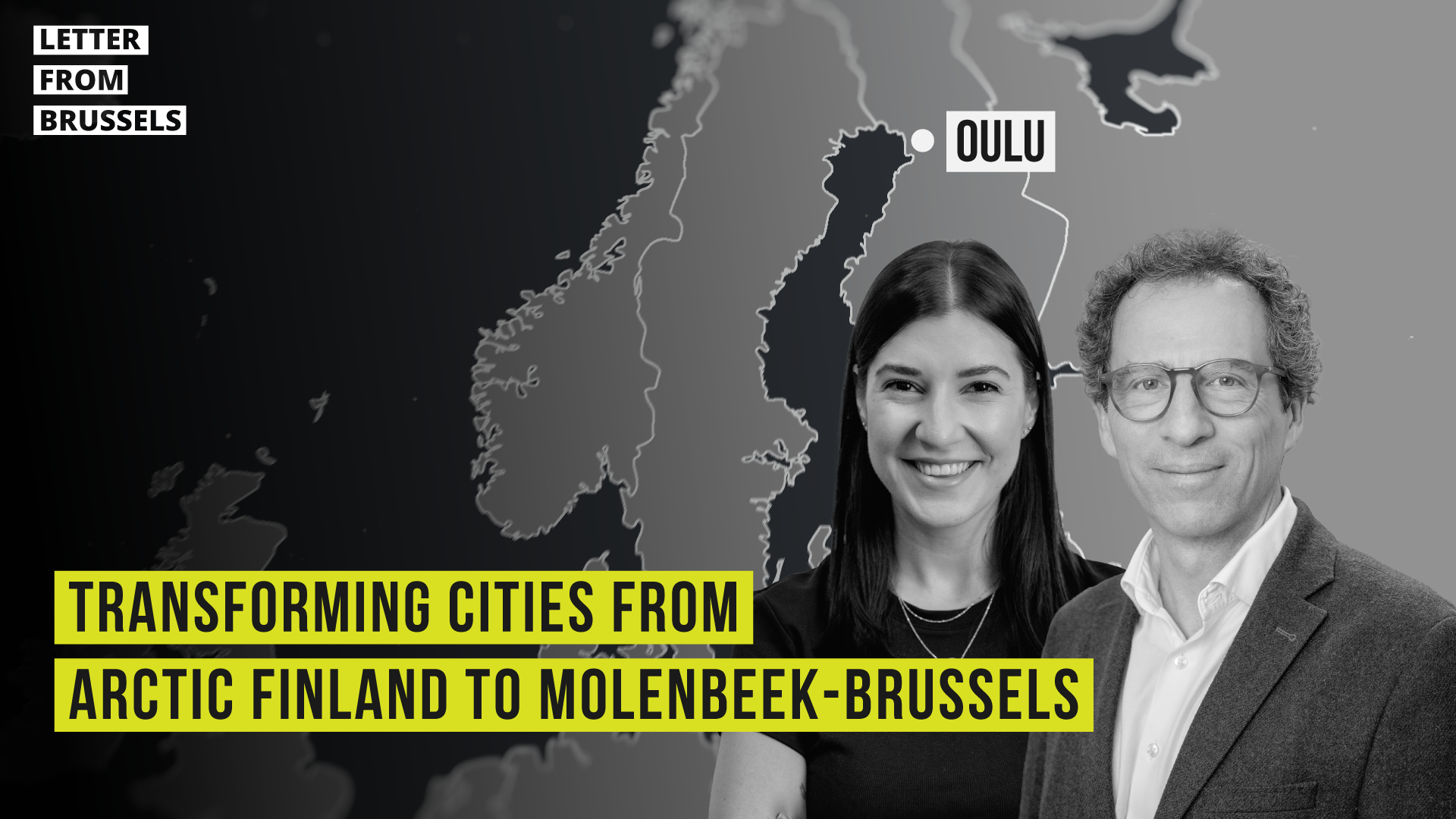Rait Pihelgas (EE/Reform Party) argues that local and regional authorities should fully embrace new technologies and the digital age. “There’s a new digital political arena emerging, where digital technologies can help us in finding new solutions to challenges, fosters innovation and economic growth, improves public service delivery and can increase citizen’s participation in new and different ways while improving local governance and reinforcing democracy instead of undermining it.
Not only nation states are grappling with globalisation, economic development, the impact of climate change, disinformation or most recently health crises like the COVID19-pandemic. Local and regional authorities (LRAs) also face increasingly complex and new challenges. One of these challenges, the transition to a new digital world, entails a digital transformation, requiring important changes at the local and regional level.
A dynamic duo: democracy and digital transformation
For democracy, representative democracy exercised on a regular basis isn’t enough anymore: communities, interest groups and organisations must be involved constantly as inclusion and participation lead to better decisions and strengthen democracy. Traditional relationships between citizens and their politicians are weakening and are gradually complemented or replaced by new means.
There’s a new digital political arena emerging, where digital technologies can help us in finding new solutions to challenges, fosters innovation and economic growth, improves public service delivery and can increase citizen’s participation in new and different ways while improving local governance and reinforcing democracy instead of undermining it. – Rait Pihelgas

Pihelgas argues that our democratic process should therefore evolve and adapt to these changes and grasp the opportunities associated with new digital technologies and ICT-tools – such as using electronic forms alone saving time for citizens and public authorities – highlighting their usefulness:
These new digital technologies and tools have the potential to improve the quality of decision-making, promote communication and dialogue – such as in using apps to participate in the decision-making –, foster active citizenship and engagement in political life, improve transparency and accountability, and enhance the legitimacy of our democratic system.
These digital developments also gives opportunities to create a new environment for consultation and participation, provide high quality information, analyse public response, extend efforts to remote areas, reach out to the most disadvantaged citizens, incorporate the skills, knowledge and expertise of citizens, and “co-create” policies according to their needs and expectations.
Avoiding possible pitfalls of “going digital”
Not turning a blind eye to the potential pitfalls of going digital is also a focus of Pihelgas’ report. Going digital can be resource-consuming, data-consuming, can facilitate the spread of disinformation and makes certain categories of our citizens more vulnerable than others.
To address this, Pihelgas highlights some key elements such as citizens’ participation that should be founded on effective and non-discriminatory access to information and knowledge, narrowing the digital divide by empowering people through education and training, prioritizing training for all ages but perhaps for elderly people and other vulnerable or marginalised groups first, all levels of government devoting adequate financial, human and training resources, particularly in less developed areas, respecting privacy and data protection, and also proposing that the European Committee of the Regions comes up with measures to motivate and reward local and regional authorities so that they stiffen their commitment to the principles of open and inclusive administration his could create a new quality criterion in the future so that the degree of democracy in local communities can be measured and best practice pooled.
Let’s make Europe fit for the digital age; let’s start with our local and regional authorities first. Building on our European values and strengths, we can reinvigorate our democracy through this digital transformation.
This upcoming report also reiterates the relevant positions from an earlier opinion of our member Frank Cecconi (FR/UDI), Opinion Local and regional perspective on promoting public sector innovation via digital solutions of 2017, where Cecconi and the CoR looked at the digitalisation of administration as a means to provide better services to citizens. It also affirmed the key role that LRAs must play in modernising the public sector. It urges the public sector to commit to innovation focused on users’ needs and giving indiscriminate access to digital services for everyone and every business and underlines the need for cooperation and exchange of good innovative practices between administrations and across borders.




